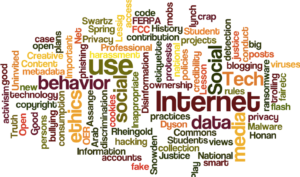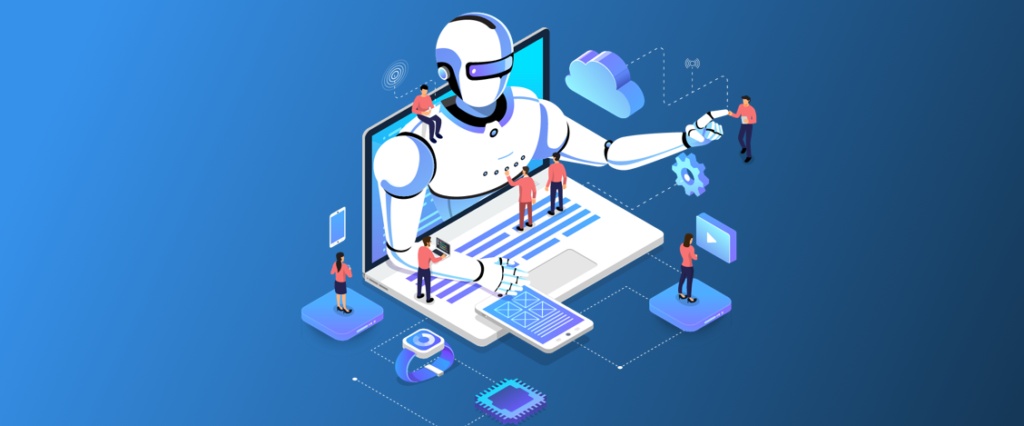There are some potential disadvantages of Open AI that are worth considering:
Regulation and ethical concerns:
As AI becomes more advanced and widely used, there are concerns about the ethical and regulatory implications of its development and deployment. OpenAI and other AI organizations must navigate these complex issues to ensure that AI is use for the benefit of society and not to the detriment of individuals or groups.
Data privacy and security:
OpenAI’s platforms and tools use large amounts of data to train AI models, and there is a risk that this data could be misuse or stolen. OpenAI must ensure that it implements robust security measures to protect the privacy of users and the confidentiality of their data.
Bias and discrimination:
AI models can perpetuate and amplify existing biases in society, leading to discrimination and unequal treatment of individuals. OpenAI must be vigilant about ensuring that its AI models trained on diverse and representative data, and are design to minimize bias and discrimination.
Job displacement:
As AI becomes more capable and widespread, there is a risk that it will displace jobs and leave some workers without employment. OpenAI must work with governments and organizations to address these challenges and ensure that AI is deployed in a way that benefits society as a whole.
These are some of the challenges and potential disadvantages that OpenAI and the broader AI community must address as AI continues to evolve and become more widespread.
You may like our posts:
Natural ways to increase the height


